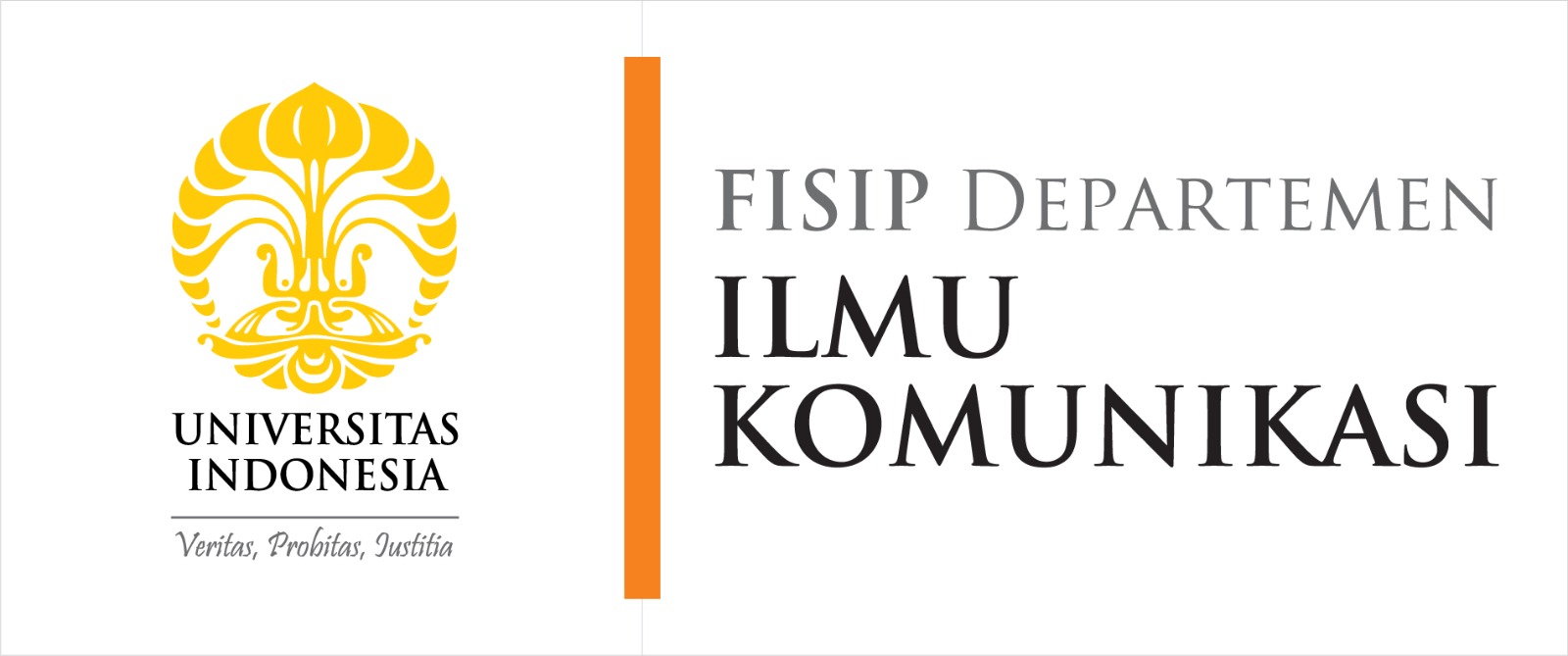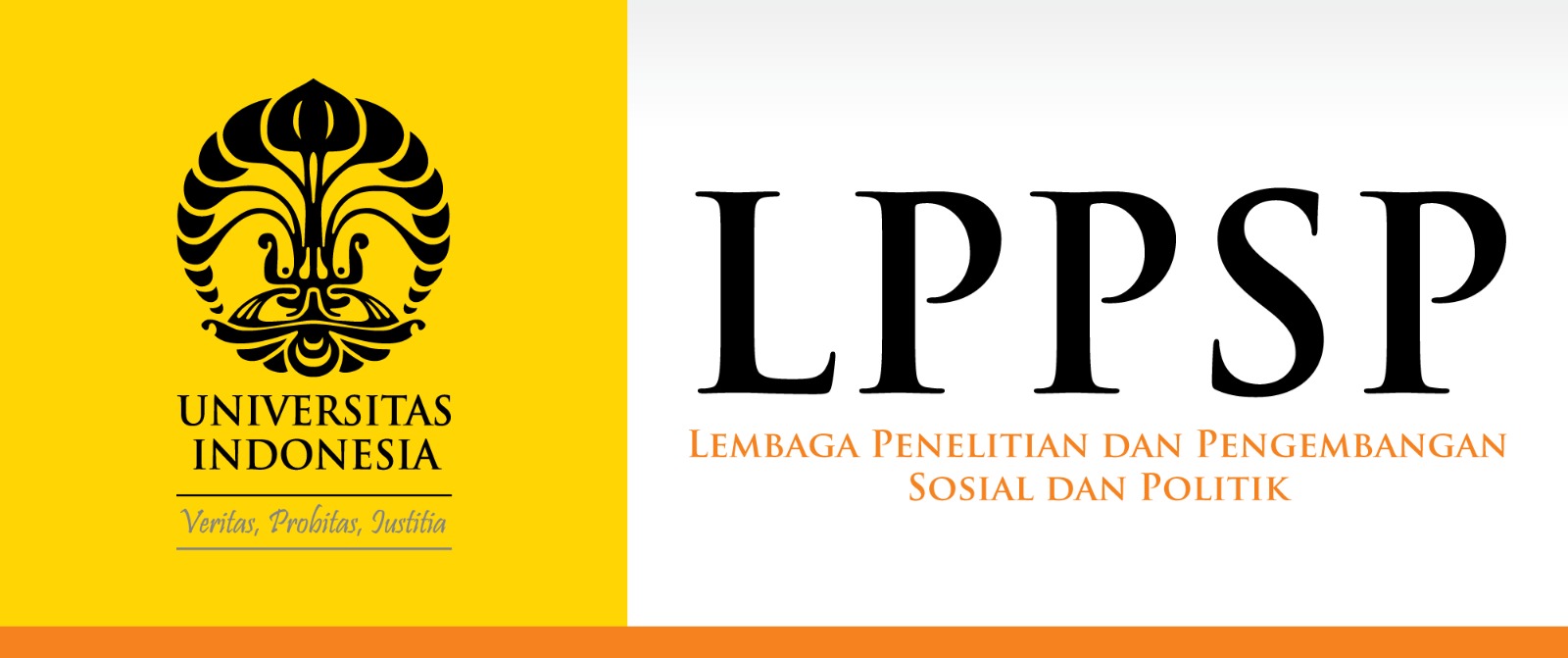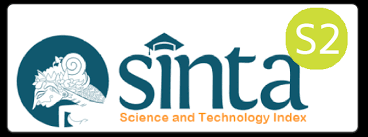JURNAL KOMUNIKASI INDONESIA
Abstract
Penelitian ini ingin mengkaji peranan tagar (#) dalam mobilisasi dukungan opini digital. Apakah tagar (#) yang berbeda bisa menciptakan mobilisasi yang berbeda. Teori yang dipergunakan adalah Gerakan Opini Digital (Digital Movement of Opinion / DMO), yaknu sebuah aktivisme digital yang ditandai oleh adanya reaksi yang spontan dan tidak terorganisir dari pengguna media sosial. Kasus yang diteliti adalah pertarungan antara tagar #BubarkanKPAI vs #KamiBersamaKPAI. Metode yang dipakai adalah Analisis Jaringan Sosial (Social Network Analysis/SNA). Hasil penelitian memperlihatkan #BubarkanKPAI lebih mampu menciptakan mobilisasi dibandingkan dengan tagar #KamiBersamaKPAI. Keberhasilan tagar #BubarkanKPAI karena lebih emosional, menciptakan imajinasi naratif dan mempunyai frame yang jelas.
This study examined the role of hashtag (#) in the mobilization of digital opinion supports. Could different hashtags (#) create different mobilizations? The theory used in this study is the Digital Movement of Opinion (DMO), which is a digital activism marked by spontaneous and unorganized reactions of social media users. The case investigated is a hashtags match between #BubarkanKPAI and #KamiBersKKAI. The method applied is the Social Network Analysis (SNA). The results showed that #BubarkanKPAI was more able to create mobilization compared to the hashtag #KamiBersamaKPAI. The hashtag #BubarkanKPAI was successful because it is more emotional, creates narrative imagination and has a clear frame.
References
Anduiza, E., Cristancho, C., & Sabucedo, J. (2014). Mobilization through Online Networks: The Political Protest of the Indignados in Spain. Information, Communication & Society, 17(6), 750–764.
Barisione, M., Michailidou, A & Airoldi, M. (2017). Understanding a Digital Movement of Opinion: the Case of #RefugeesWelcome. Information, Communication & Society, 22 (8), 1145-1164.
Barisione, M., & Ceron, A. (2017). A Digital Movement of Opinion? Contesting Austerity through
Social Media. In M. Barisione & A. Michailidou (Eds.), Social Media and European Politics: Rethinking Power and Legitimacy in the Digital Era (pp. 89–118). Basingstoke: Palgrave Macmillan.
Bennett, W. L. and Segerberg, A. (2012). The Logic of Connective Action: Digital Media and the Personalization of Contentious Politics. Information, Communication & Society, 15(5), 739-768.
Berridge, S., & Portwood-Stacer, L. (2015). Introduction: Feminism, Hashtags and Violence against Women and Girls. Feminist Media Studies, 15(2), 341-341.
Bonilla, Y., & Rosa, J. (2015). #Ferguson: Digital Protest, Hashtag Ethnography, and the Racial Politics of Social Media in the United States. American Ethnologist, 42(1), 4-17.
Bruns, A., & Burgess, J. (2012). Researching News Discussion on Twitter: New Methodologies.
Journalism Studies, 13(5–6), 801–814.
Calvo, E., Dunford, E., & Lund, N. (2016). Hashtags that Matter: Measuring the Propagation of Tweets in the Dilma Crisis. Research note. Retrieved from https://www.researchgate.net/ publication/306275910_Hashtags_that_Matter_Measuring_the_propagation_of_Tweets_in_the_Dilma_Crisis
Clark, R. (2016). “Hope in a hashtag”: The Discursive ac-tivism of #WhyIStayed. Feminist Media Studies, 4 (6), 1108–1110.
Della Porta, D. and Mattoni, A. (2014). Spreading Protest: Social Movements in Times of Crisis. Colchester: ECPR Press.
Earl, J. and Kimport, K. (2011). Digitally Enabled Social Change: Activism in the Internet Age. Boston: MIT Press.
Gerbaudo, P. (2012). Tweets and the Streets: Social Media and Contemporary Activism. London: Pluto Press.
Gruzd, A. (2009). Studying Collaborative Learning Using Name Networks. Journal of Education for Library and Information Science, 50 (4), 243-253;
Gruzd, A, Mai, P & Kampen, A. (2016). A How-to for Using Netlytic to Collect and Analyze Social Media Data: A Case Study of the Use of Twitter During the 2014 Euromaidan Revolution in Ukraine. Dalam Sloan. L & uan-Haase, A (eds), The Sage Handbook of Social Media Research Methods. London: Sage Publications.
Hick, S. and J. McNutt (eds) (2002). Advocacy, Activism and the Internet. Chicago: Lyceum Books.
Kaun, A & Uldam, J. (2018). Digital Activism: After the Hype. New Media & Society, 20 (6), 2099–2106
Lindner,R. & Riehm, U. (2009). Electronic Petitions and Institutional Modernization. International Parliamentary E-Petition Systems in Comparative Perspective. Ejournal of Edemocracy & Open Government, 1, 1, 1-11.
Loader, B., Steel, H., & Burgum, S. (2015). Introduction to Virtual Special Issue: Social Movement Protest and Organization. Information, Communication & Society. http://explore.tandfonline.com/content/ah/ics-vsi/social-movement#23092
Morozov, E. (2011). The Net Delusion: The Dark Side of Internet Freedom. New York: Public Affairs Books.
Van Laer, J., & Van Aelst, P. (2010). Internet and Social Movement Action Rpertoires: Opportunities and Limitations. Information, Communication & Society, 13(8), 1146–1171.
Yang, G. (2016). Narrative Agency in Hashtag Activism: The Case of #BlackLivesMatter. Media and Communication, 4 (4), pp. 13-17
Recommended Citation
Eriyanto, Eriyanto
(2019)
"Hashtags and Digital Movement of Opinion Mobilization: A Social Network Analysis/SNA Study on #BubarkanKPAI vs #KamiBersamaKPAI Hashtags,"
JURNAL KOMUNIKASI INDONESIA: Vol. 8:
No.
3, Article 1.
DOI: 10.7454/jki.v8i3.11591
Available at:
https://scholarhub.ui.ac.id/jkmi/vol8/iss3/1
Included in
Gender, Race, Sexuality, and Ethnicity in Communication Commons, International and Intercultural Communication Commons, Social Influence and Political Communication Commons




